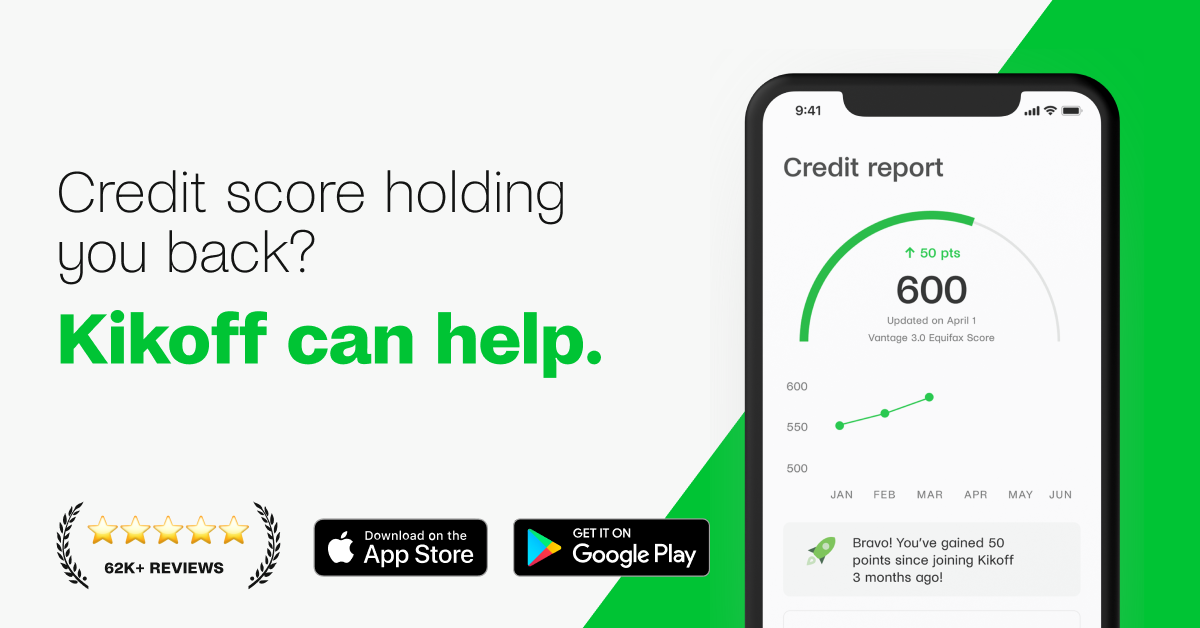
To effectively pay off credit card debt, employing a combination of strategies can lead to a more manageable and efficient repayment process. Here are key strategies you can consider:
- Assess and Organize Your Debt: Begin by listing all your credit card debts, noting the balance, interest rate, and minimum payment for each card. This overview helps you understand the total debt and prioritize repayments.
- Budgeting: Develop a detailed budget that tracks your income and expenses. Identify areas where you can cut back on spending, directing the saved funds towards your debt. The goal is to create a surplus in your budget to increase your debt payments.
- Debt Snowball Method: Focus on paying off the credit card with the smallest balance first while maintaining minimum payments on the others. Once the smallest debt is paid off, move on to the next smallest, and so on. This method can provide motivational wins as you eliminate debts one by one.
- Debt Avalanche Method: Prioritize paying off the card with the highest interest rate first, making minimum payments on the others. After paying off the highest interest debt, move to the next highest, and so on. This approach saves you money on interest over time.
- Consider a Balance Transfer: If you have good credit, transferring high-interest credit card balances to a card with a 0% introductory APR can provide relief on interest charges. Be mindful of balance transfer fees and ensure you can pay off the balance before the promotional period ends to avoid higher rates later.
- Personal Loan for Consolidation: A consolidation loan can be used to pay off all credit card debts, leaving you with a single, more manageable monthly payment, often at a lower interest rate. This can simplify your finances and potentially reduce the amount paid in interest.
- Negotiate Lower Interest Rates: Reach out to your credit card issuers to request lower interest rates. If you’ve been a good customer, there’s a chance they may accommodate your request, which can reduce your monthly interest charges.
- Increase Your Income: Look for ways to increase your income through side gigs, overtime, or selling items you no longer need. Use this extra income specifically for paying down your credit card debt.
- Cut Expenses: Scrutinize your spending habits and cut back on non-essential expenses. Redirecting even small amounts of money from discretionary spending to your debt can speed up the repayment process.
- Use Windfalls Wisely: Apply any unexpected windfalls, such as tax refunds, bonuses, or gifts, directly to your credit card debt. These amounts can make a significant dent in your balances.
- Stay Motivated and Track Your Progress: Paying off debt is a marathon, not a sprint. Keep yourself motivated by tracking your progress and celebrating milestones, no matter how small.
- Avoid New Debt: While paying off your credit card debt, try to avoid taking on new debt. Use cash or a debit card for purchases to prevent your balances from growing.
Each strategy has its advantages, and you might find a combination of methods works best for your situation. Staying disciplined and committed to your repayment plan is key to eliminating your credit card debt.

